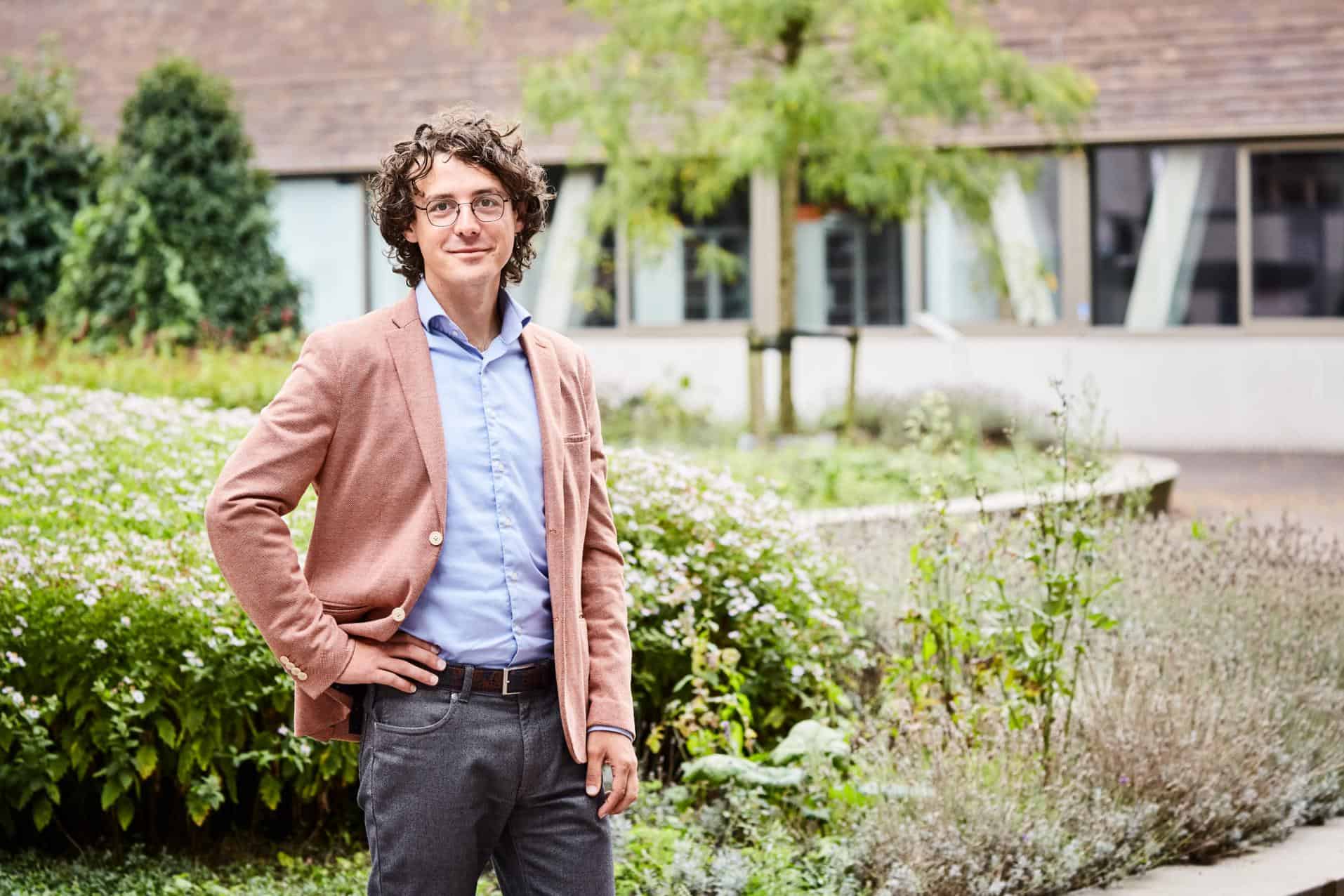
Recently a story appeared in the Britsh Guardian newspaper about methane deposits near the East Siberian coast that are starting to melt. The researchers are worried that this will trigger a snowball effect that will just accelerate global warming. Except that this has not yet been proven, climate scientists commented in response to this new discovery. Auke also concurs with them.
“The climate scientists who are questioning this are pretty well-known. We do not know for sure whether more methane will be released than in the past, because we haven’t been keeping track of that for very long. Maybe it was like that years ago too? What’s more, we don’t know whether it actually escapes the ocean and ends up in the atmosphere. And if it does, how fast and how much. You can read between the lines in the Guardian article that more research is needed, but all they’re doing is sowing panic,” Auke explains.
Clinging to the cliff’s edge?
He calls them alarmists. “All these ‘Apocalypse Now’ scenarios really won’t make us go any faster. I don’t think it helps to sow panic for decades to come. That has a tremendous psychological impact, people start living in fear and become stressed.” He then says with a sense of exaggeration: “It’s the end of the world and we can just hold onto the edge of the cliff with our fingertips, that’s the idea.”
These doomsday scenarios not only put people on the wrong track, but it also creates a sense of determinism. “The other day I read a story in a German magazine about a man who had put a windmill on his chicken coop. He had put a lot of effort into doing that, yet it didn’t even yield a tenth of what his household needed in electricity, but all in all, his expectations were not very realistic.”
“You can see that all over the place: We are really not there yet when we install a few solar panels on roofs. Moreover, when people say that too much space is needed for solar and wind farms, that manufacturing them is too pollution-intensive and that storage is far too expensive, like in Planet of the Humans doc, people resign themselves to it and think that nothing else helps anymore. As if we are lost, that’s just utter nonsense.”
Are things not going so badly in terms of climate change then?
Although you also have people who say it’s not so bad, like Bjorn Lomborg, who writes in his book ‘False Alarm‘ that climate change is by no means the only problem facing humankind. Or Michael Shellenberg who, in ”Apocalypse Never,’ states that rich countries should do everything possible to promote the industrialization of poor countries. In his view, this would cause a brief spike in co2-emissions, but this will decrease later on as prosperity increases. What does Auke think about this?
“I completely agree with the reasoning that we should not be able to deny other countries the chance to industrialize and consequently create more prosperity. But this Michael Shellenberger acts as if wind and solar energy are terrible. According to him, it doesn’t yield enough. Moreover, manufacturing methods for it are too harmful. He turns his attention to nuclear energy instead. He completely ignores how much cheaper and more efficient renewable energy has become in recent years. So, why would you first have to raise CO2 emissions? Why build fossil fuel factories in poor countries when sustainable options are becoming cheaper?” Auke wonders.
“And we obviously have other problems as well. What would you do if you had 1 million euros and you could spend it on a technology yet to be developed that filters CO2 from the air? Or on a health program that instantly saves lives? I understand perfectly well if you then choose to save people’s lives.”
Do all you can to achieve the Paris targets
But according to Auke, that doesn’t mean that things are ‘not going too badly for the climate.’ “We want to meet the Paris targets and stay within 1.5 perhaps 2 degrees Celsius of global warming. But to achieve this, we have to try more and more things. There will be few climate scientists who will deny that millions of lives will be endangered in the coming years by climate change. That is something that we should definitely be dealing with,” Auke points out.
It is why Auke often responds to research, scenarios or other things that he thinks are not accurate. “Look how long it took for electric driving to really become credible. False arguments or studies that don’t add up all raise feelings of doubt. That’s what I’m trying to put right, whether it’s about diesel versus electric driving or obsolete energy models. Arguments need to be true. So over-exaggerating and sowing panic this way doesn’t work either. Climategate still uses climate skeptics to say that climate change is being exaggerated.”
The solutions are simple: “Yes, we have a problem and we do need to act now. But at the moment, we are all thinking that we will go to hell in a handbasket if we don’t take action. As if the sword of Damocles is constantly hanging over our heads. Why can’t we switch to being sustainable because it’s cheaper, more fun, more elegant, or more beautiful? We have the solutions in our hands. And no matter what route it takes – be it hydrogen for all I care – if it increases happiness and prevents suffering, then I am satisfied.”







